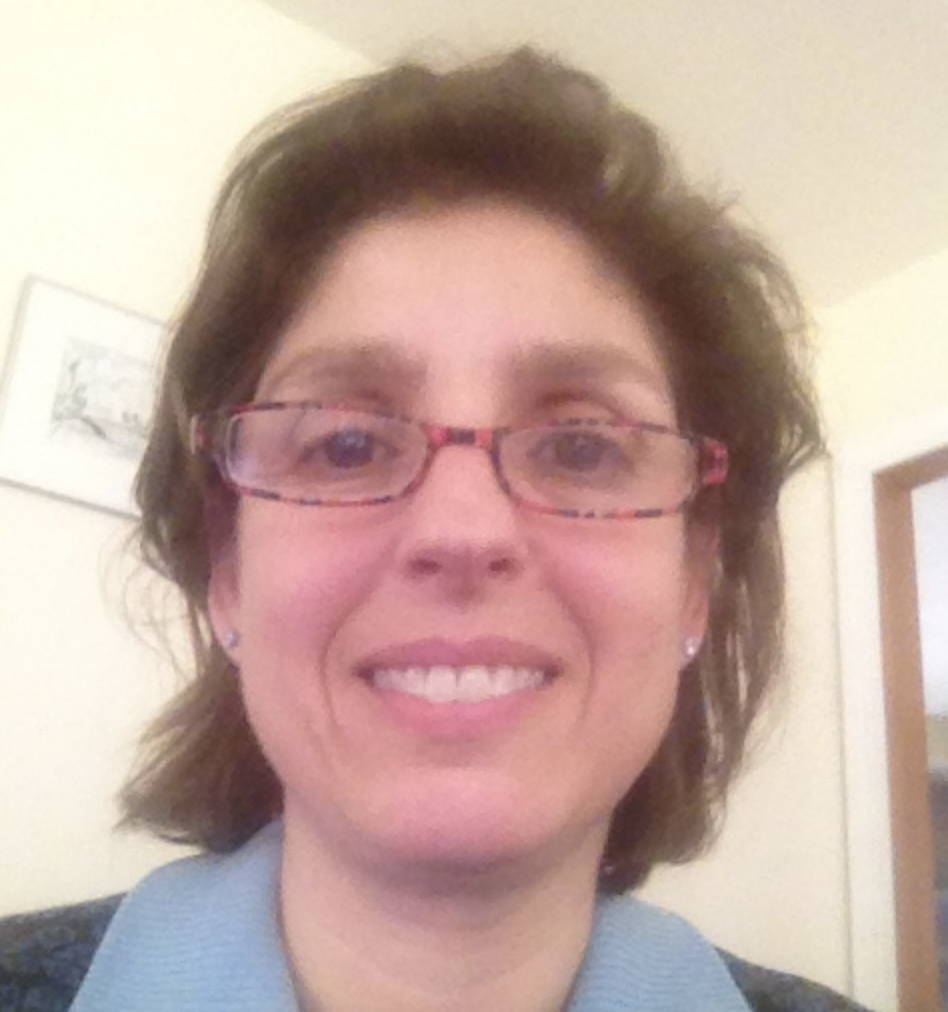- Home
- Resource Center
- Articles & Videos
- The Art of Hiring Great Salespeople
2 September 2024
The Art of Hiring Great Salespeople

Photo by Eric Prouzet on Unsplash
Sign up for our newsletter on globalization and localization matters.
Why is hiring great salespeople difficult? Truly, it’s not more difficult than any other talent, but it feels harder because there is more on the line, both financially and emotionally, than with other roles. Additionally, so much of sales is soft skills, which makes interviewing and assessing talent much more difficult. And, although past performance is an indication of future potential, it is certainly not a guarantee of performance.
If finding and hiring the RIGHT salespeople is a challenge, then we hope this article will be of some assistance. Over many years of working with companies, Anzu Global has observed some things about hiring that we believe make a difference when looking for sales professionals. Although these suggestions apply across all organizations, their significance will vary based on your organizational composition. Let’s review them, with a note that exceptions exist, but they are rare.
Know what you think you want before you start the process.
This is the design-before-you-build concept. If you’re a smaller LSP going through this process for the first time or just growing a small sales organization, this is critical. Larger sales organizations with mature sales leaders are hopefully doing this on a regular basis, which is one of the reasons larger teams go through re-organizations every 1-3 years.
1. Define the responsibilities for the sales role.
- Hunt new logos, grow existing accounts, or some of both.
- Work with project management during onboarding and 1st of many projects or integrate project management into the onboarding process, and then step away.
- Work with the executive team on a sales strategy for future growth/expansion or be heads down and tactically focused on business only.
- Manage or mentor a more junior person, work independently, team sell.
- Work on marketing/email campaigns, follow up on leads provided by campaigns or find and develop ALL their own leads.
- Report on activities weekly, monthly, quarterly.
- Develop or work with a sales tracking system.
- Internal perspective: large company experience versus small company experience.
- Client perspective: SMB sales versus enterprise sales experience and what does each sales cycle look like.
- Vertical industry knowledge and specialization
- Localization/Interpretation, and other sales experience – for small LSPs this is a almost a must.
- Knowledge and application of learned sales strategies.
2. Set and compensate appropriate sales goals.
Determining appropriate sales goals is tricky. You want your salespeople to sell as much as possible, but setting unrealistic expectations will create a demoralized employee and cause frequent turnover. Additionally, the compensation package you develop for a sales role should encourage the behavior you are looking to promote. Hunting all NEW logos and developing all your own leads is very difficult work, so the commission for this sales activity should be commissioned higher than, say, a farmer growing established accounts.
- Ask yourself what your sales are today. Where are your sales coming from? What does your client base look like and how do you find new clients? What does a typical sales cycle look like? This should help inform you as you create Sales attainment goals for your people.
- Consider creating a realistic sales goal – not easy to attain, but also not impossible, and what the OTE (on target earnings) will be for achieving the goal.
Consider stretch goals and providing extra incentive for exceeding goals. With these (and more) questions defined, you’re ready to start the interview process. Here are some helpful hints to making interviewing more effective and successful.
3. Interview intelligently.
This means having a strong sales interview process that every interviewer knows, agrees, and follows. Our recommendations include: o
- Interviews should take at least 45 minutes to 1 hour, including initial screening interviews. Although 30-minute interviews are popular and we understand that time is money, that’s our point. It takes time to get to know a person, so take your time. If you spend the first 5 minutes of the interview in nerve-easing chitchat, that only leaves you with 25 minutes to speak about the important stuff. Clearly a lot will be missed on both sides of this discussion. Slow down, ask good questions, watch for red flags.
- Know what you want to ask. Write down the 5-10 most important questions you need to ask, so you’re sure not to overlook them. This planning is best done with your interview team, so you know their most important questions and can share yours. o Distribute the questions among the interviewers. Although every person in the interview loop should be asking questions unique to their interests, there should also be some overlap in the questions more relevant to the organization. This allows you to compare answers for consistency and for additional information that the interviewee may address as they move through the process.
- Debrief in a timely fashion. Immediately post interview sit down and write down your observations. This only takes a few minutes and is vital for retaining crucial information. Also, the team should meet post interview to debrief together and share their thoughts on the candidate. It’s best not to share information before each person has had a chance to speak with the candidate, as that could color individual impressions.
4. Remain objective.
No matter how much you like a person during the interview, it is crucial that you don’t allow your feelings to prejudice your objectivity.
- People hire people they like. This is a common saying among recruiters and maybe you’ve heard us say it to you. When you like someone, you tend to overlook red flags or ask easier questions. DON’T. This further emphasizes the importance of the bullets above.
5. Know the numbers.
Salespeople should know their numbers. Companies should know what kind of numbers they expect salespeople to accomplish. For small companies, this can be difficult to know, particularly if you’ve never had a successful salesperson on board. Believe it or not, the salesperson you’re hiring may not always be the best person to advise you on how well they will do. Salespeople have a natural tendency to be overly optimistic about their potential performance.
- Respect confidentiality boundaries regarding overall company performance, but it is important to know how a salesperson performs. Some important questions include:
- What were their yearly goals in their past roles and/or to what percentage did they meet those goals?
- How did they find their leads and what tools did they use to facilitate hunting?
- What percentage of business came from existing client growth versus from new business development?
- What verticals did they sell into and what was their success in each vertical?
- Be prepared to answer similar questions. You should also be prepared to answer these types of general questions regarding your existing salespeople, as a good salesperson may well ask you about the success of your current sales team, marketing efforts, etc., as well as your expectations for the role you are hiring into.
Conclusion
Hiring great salespeople is difficult, and for small organizations hiring their first or second salesperson, the challenge is even greater, as the risks of making a mistake are significantly higher. Using a recruiting agency to find good salespeople can help you find candidates with a record of success for you to interview, but an agency cannot guarantee your success with any candidate once hired.
Knowing who and what you’re looking for, and having a strong interview plan for you and your team, is the best hedge insurance policy when looking for a salesperson or any talent to add to your organization. Good luck and happy hiring!
Do you want to contribute with an article, a blog post or a webinar?
We’re always on the lookout for informative, useful and well-researched content relative to our industry.

Claire Liliedahl
Claire Liliedahl spent 13 years on the client-side in software Marketing, including three years managing Banyan Systems' Localization program of it's LAN products in the early 90s. In 1995, she transitioned her career, leveraging her software background into the recruiting industry, focused primarily on software engineering recruiting. In 2013, Claire joined Anzu Global, a globalization recruiting agency providing staffing and brokerage services to corporations and LSPs. She holds a BA in Russian from Colby College and also studied at the University of Caen, France and St. Petersburgh State University, Russia. She was raised bi-lingual in French.


